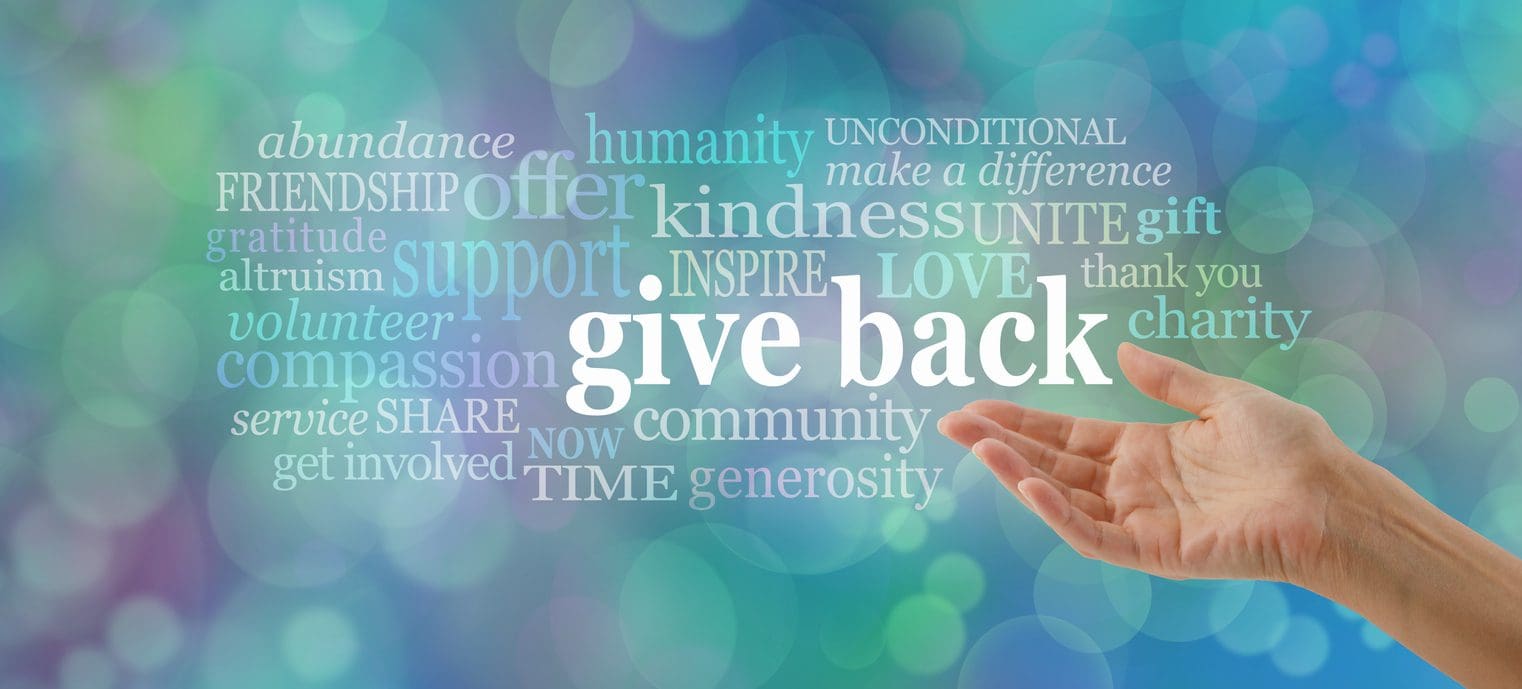By Dawn Jinsky, CPA and Sara Montgomery, Plante Moran
We recently worked with a husband and wife, let’s call them Tom and Joan, to bring their adult children and spouses together to grant dollars out of their donor advised fund (DAF) in a more meaningful way. Tom and Joan had been giving from their fund for almost a decade and while they felt good about their giving, they had a desire to do more with their kids and for their community.
To date, each of their adult children had been given a set dollar amount to be distributed to the organizations of their choice from their parents’ DAF. Tom and Joan felt this was a step in the right direction but wanted to do more. They talked about setting up a private foundation to provide more structure and long-term opportunity to engage the next generation.
Donor Advised Fund or Family Foundation
There’s a common misconception among many of our clients that they need a family foundation to engage loved ones in philanthropy. A similar process, less the formal governing documents, can be created using a DAF. Tom and Joan decided their DAF could be used in this way. The size of their overall estate, the total dollar amount going to charity, and the fact they had a DAF that was already established, reinforced this decision.
Create a Family Giving Process
Tom and Joan restructured the use of their DAF to meet their new vision. They created a family giving board that included their three adult children and their respective spouses. They also established an annual giving budget, sometimes called a spending policy, for their DAF. They then established three buckets of funds — one for Tom and Joan’s giving, one with funds for each family unit — yes, the kids still had a dollar amount to allocate to the organizations of their choice, and a third pool for collaborative family grant making.
Tom and Joan’s approach is just one of many ways a family could create a family giving process. Other elements might include a junior board spearheaded by the eldest grandchildren. We’ve also seen family site visits to organizations and volunteer activities led by various family members.
Benefits of Giving through a Family Philanthropy Board
Families benefit in any number of ways when parents engage family members, model philanthropic values, and establish traditions around charitable giving. Many families we work with have a broader goal of preparing future generations to continue the family’s legacy.
A family philanthropy board can help realize that goal in several ways:
- Greater and more cooperative group decision-making. Family philanthropy boards serve as a training ground for making decisions together. They offer a structure and an opportunity to discuss different experiences and perspectives, including the chance to practice respectfully speaking up and listening.
- Investment acumen. Basic investment concepts, such as time horizon, risk tolerance, diversification, and asset allocation, as well as performance and benchmarking, can all be incorporated into this process. This gives family members an opportunity to learn how the DAF’s purpose dictates investment decisions — and how those decisions impact results.
- Due diligence. Families learn how to evaluate organizations and community impact by using the resources of an organization like American Endowment Foundation, your local community foundation, or a philanthropic advisor. Drawing on collective family knowledge helps everyone better understand opportunities to give and identify where real impact, as defined by the family, can be made.
- Family virtues and values. Engaging loved ones across multiple generations in charitable giving helps model, communicate, and instill your family principles and values, such as generosity, stewardship, and responsibility. Creating a designated forum within your family for philanthropy enables you to live out your values in a meaningful way that is tangible to your family
- A focus on generosity. Establishing a family giving process creates a tradition of coming together to consider others. A common byproduct of collaboration on something external to the family, such as charitable giving, is the generosity it can create within the family.
For some, giving alone might be easier, but it’s a missed opportunity to address so many of the objectives, and concerns, that parents and grandparents have about their family’s legacy. Instead, get your loved ones involved early and use your philanthropy as a tool to create better communication and understanding in your family.
If you’re headed down this path, we like to remind you to never do your philanthropy in a vacuum. If the dollars are significant to your overall financial and estate plan, engage your advisor to ensure the good you’re doing in the community also complements your personal financial goals and objectives.
At American Endowment Foundation, we look forward to helping donors and advisors determine the best strategies for their charitable giving. Please contact us or call at 1-888-966-8170 with any questions.
Dawn Jinsky is a CPA, CFP® and a partner in Plante Moran’s Wealth Management group. She leads the firm’s wealth transfer practice, which includes both the estate and business transition practice. With more than 20 years in wealth management, she specializes in estate planning, wealth transfer, charitable planning, and assists family business owners with their transition plans. Dawn is a member of AEF’s Council of Advisors.
Sara Montgomery is a senior manager in Plante Moran’s Wealth Management group. She lead the firm’s family education and philanthropic advisory practices, which serve families and family businesses in the areas of governance, family dynamics, and strategic philanthropy. Sara has over 15 years of experience serving affluent and wealthy families in the areas of trust and estate planning, succession planning, and philanthropy.
